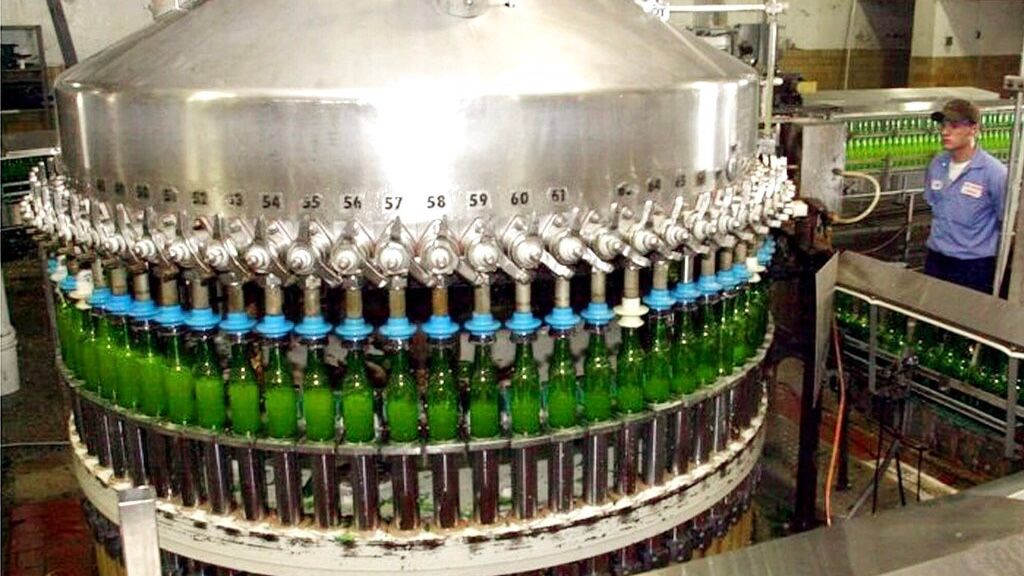Energy Department invests $6B to reduce industrial emissions
Money will fund 33 projects in more than 20 states The Department of Energy (Dee) has announced plans to invest up to $6 billion to reduce emissions from industrial manufacturing. The funding is targeted towards industries that generate the most greenhouse gases, such as metal, cement, chemical, and other industries. The funds will be distributed through the Bipartisan Infrastructure Law and Inflation Reduction Act in over 20 states. The DOE estimates these projects will collectively reduce at least 14 million metric tons of carbon dioxide annually, roughly the equivalent of removing 3 million gas-powered cars from the road. The $6B investment is described as the largest investment in industrial decarbonization in the United States. The projects are expected to reduce carbon emissions by an average of 77%.

Published : a month ago by Susan Carpenter in Environment
The Department of Energy announced Monday it will invest as much as $6 billion to reduce emissions from industrial manufacturing.
The funding is targeted towards metal, cement, chemical and other industries that generate the most greenhouse gases with the goal of accelerating new processes for widespread deployment.
“Spurring on the next generation of decarbonization technologies in key industries like steel, paper, concrete and glass will keep America the most competitive nation on Earth,” U.S. Secretary of Energy Jennifer Granholm said in a statement.
Funded through the Bipartisan Infrastructure Law and Inflation Reduction Act, the money will be spent on 33 projects in more than 20 states. The DOE estimates the projects will collectively reduce the equivalent of at least 14 million metric tons of carbon dioxide annually — roughly the same as removing 3 million gas-powered cars from the road.
Granholm said the $6 billion is “the largest investment in industrial decarbonization in the history of the United States.” Industry generates about a third of the country’s greenhouse gas emissions. The funded projects are expected to reduce carbon emissions by an average of 77%.
Reducing emissions from industry is a complex task that will require improvements in energy efficiency, electrification, alternative fuels and clean hydrogen, the DOE said. Several of the projects will use technologies that haven’t been deployed in the U.S. previously but have “the potential for sector-wide adoption and transformation.”
Of the 33 projects, seven are in chemicals and refining, six are in cement and concrete, six are for iron and steel, five are for aluminum and metals, three are for food and beverage, three are for glass, two are for heat-focused projects and one is for pulp and paper. The states receiving the funds include Alabama, Arizona, California, Colorado, Illinois, Indiana, Iowa, Kentucky, Louisiana, Massachusetts, Missouri, Texas, Georgia, Maryland, Minnesota Mississippi, Ohio, Pennsylvania, Vermont, Virginia and West Virginia.
The new round of funding comes almost two months after the DOE announced $254 million for 49 projects that will reduce industrial greenhouse gas emissions in 21 states. Those projects will be conducted by a mix of private industry, academic institutions, nonprofits and Department of Energy Labs to pursue applied research and development and to validate technologies for pilot projects to prove they work.
Topics: Climate Change, ESG
